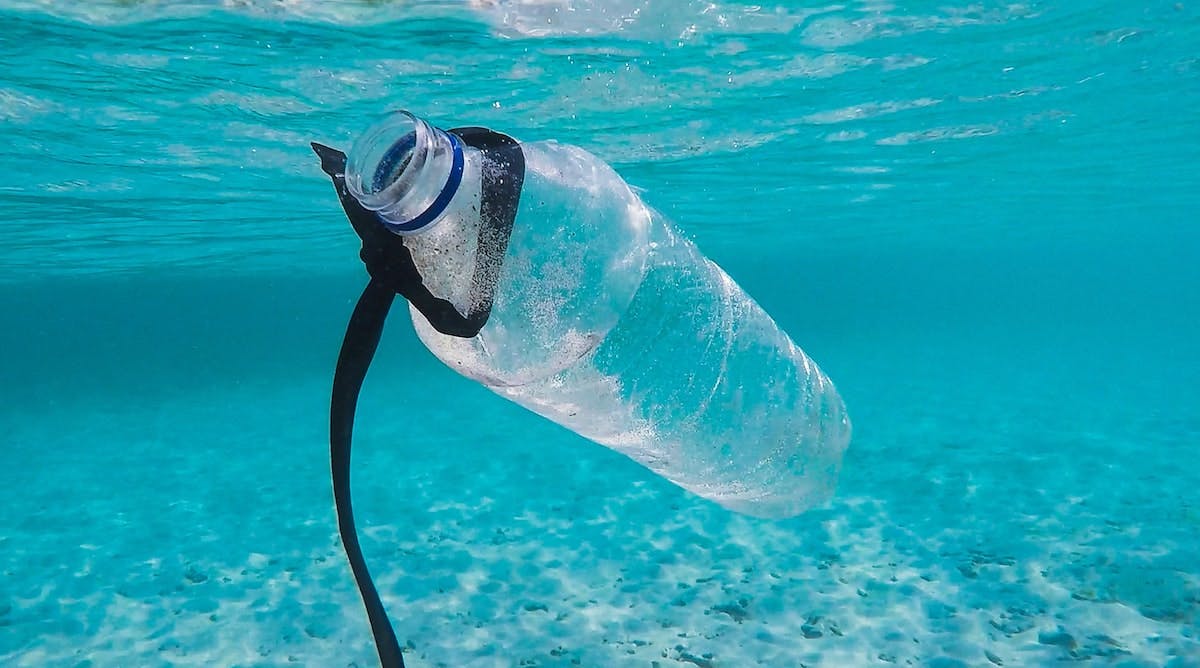This month the Australian Government released its first National Plastics Plan, setting out a new standard for how Australia will tackle the plastic waste challenge.
The Plan provides an exciting new approach that is designed to keep plastic in the economy for as long as possible, and out of landfill and the environment.
However, the Plan also brought to the fore a number of important sustainability deadlines that Australian businesses need to be aware of and meet, by making practical changes in their operations.
This article takes a deep dive into two of these important areas – the uptake of the Australasian Recycling Label and the phase out of problematic and unnecessary single-use plastic packaging – and outlines what businesses need to be aware of and how they can get started today.
The Australasian Recycling Label – what is it, why businesses need to start using it and by when?
The Australasian Recycling Label (ARL) Program is an on-pack labelling scheme that is helping consumers to recycle correctly and supporting brand owners to design packaging that is recyclable at end-of-life. The Program was developed by APCO in partnership with Planet Ark and PREP Design and is endorsed by all Australian governments to help make recycling easier.
Since launching in 2018, more than 500 organisations have already joined the program, including many of Australia’s best-known brands and retailers. Already, tens of thousands of iconic household products feature the ARL and are helping Australians to recycle correctly.
The Australian Government has committed to work with businesses to apply the ARL on at least 80% of supermarket products by December 2023. The labelling program will also be rolled out for business-to-business packaging, and the government has committed to support ARL uptake by small to medium-enterprises (SMEs).
APCO has a range of resources, tools and publications designed to help businesses get started on their ARL journey. These include webinars, training videos, style guides, case studies and a new Interactive Learning Program. ARL Program Members also gain access to a wealth of marketing tools and resources through APCO’s National Consumer Education Campaign. This includes the Check It! Before You Chuck It resource toolkits, designed to help businesses communicate to their consumers that they are using the ARL Program and helping them to recycle correctly.
Single-use, unnecessary and problematic plastic packaging – what is it and why do we need to phase it out?
In 2019, approximately 50,700 tonnes of single-use, unnecessary and problematic plastic packaging were produced, making up 5% of the total 1 million tonnes of plastic packaging placed on the Australian market.
While plastic packaging has many benefits for society, single-use and problematic plastic packaging represents a highly visible and highly damaging issue, with a range of associated environmental and economic impacts.
Australia needs to shift our approach to packaging away from single-use, disposable plastic packaging to more durable reusable and recyclable packaging.
Who is responsible for phasing out single-use plastic packaging?
The phase out of single-use plastic packaging is an initiative that is being led by the Australian Packaging Covenant Organisation (APCO) through the 2025 National Packaging Targets, which were agreed by industry and government in 2018. Additionally, several states and territories have passed or are developing legislation that will ban many of the problematic and unnecessary single-use plastic packaging items identified by APCO for phase-out, including expanded polystyrene food and beverage service items and fragmentable plastics.
What needs to be phased out?
Since the 2025 National Packaging Targets were agreed in 2018, APCO has worked with the whole plastic supply chain to produce an agreed list of materials for phase-out and agreed timelines to meet that phase out. These items that businesses and government are working to phase out include:
- Lightweight plastic shopping bags
- Fragmentable plastics
- Expanded polystyrene (EPS) packaging for food and beverage service and retail fresh produce
- EPS loose fill packaging
- Moulded EPS packaging for white/brown goods and electronics
- Rigid polyvinyl chloride (PVC) packaging
- Rigid polystyrene (PS) packaging
- Opaque polyethylene terephthalate (PET) bottles
- Rigid plastic packaging with carbon black
How can businesses get started?
There are plenty of Australian businesses that are making these changes in their packaging already. In 2019, Woolworths and Coles phased out single use plastic bags while Officeworks is a real leader in the space, having successfully phased out all polystyrene packaging from its home brand furniture and shredders and now helping the wider supply chain to follow suit.
APCO also has a range of tools, programs and resources to help businesses make these changes in their business, covering concerns like which alternative materials businesses should use, and how businesses can work with their domestic and international supply chains. In December 2020, APCO published ‘Strategies for Problematic and Unnecessary Single-Use Plastic Packaging’, a practical resource to help Australia’s packaging supply chain phase out this packaging through innovative, sustainable solutions.
More on the 2025 National Packaging Targets, APCO Membership, the ARL Program or the phase out of single-use plastic packaging can be found at ACPO.
Keep up to date with Dynamic Business on LinkedIn, Twitter, Facebook and Instagram.

